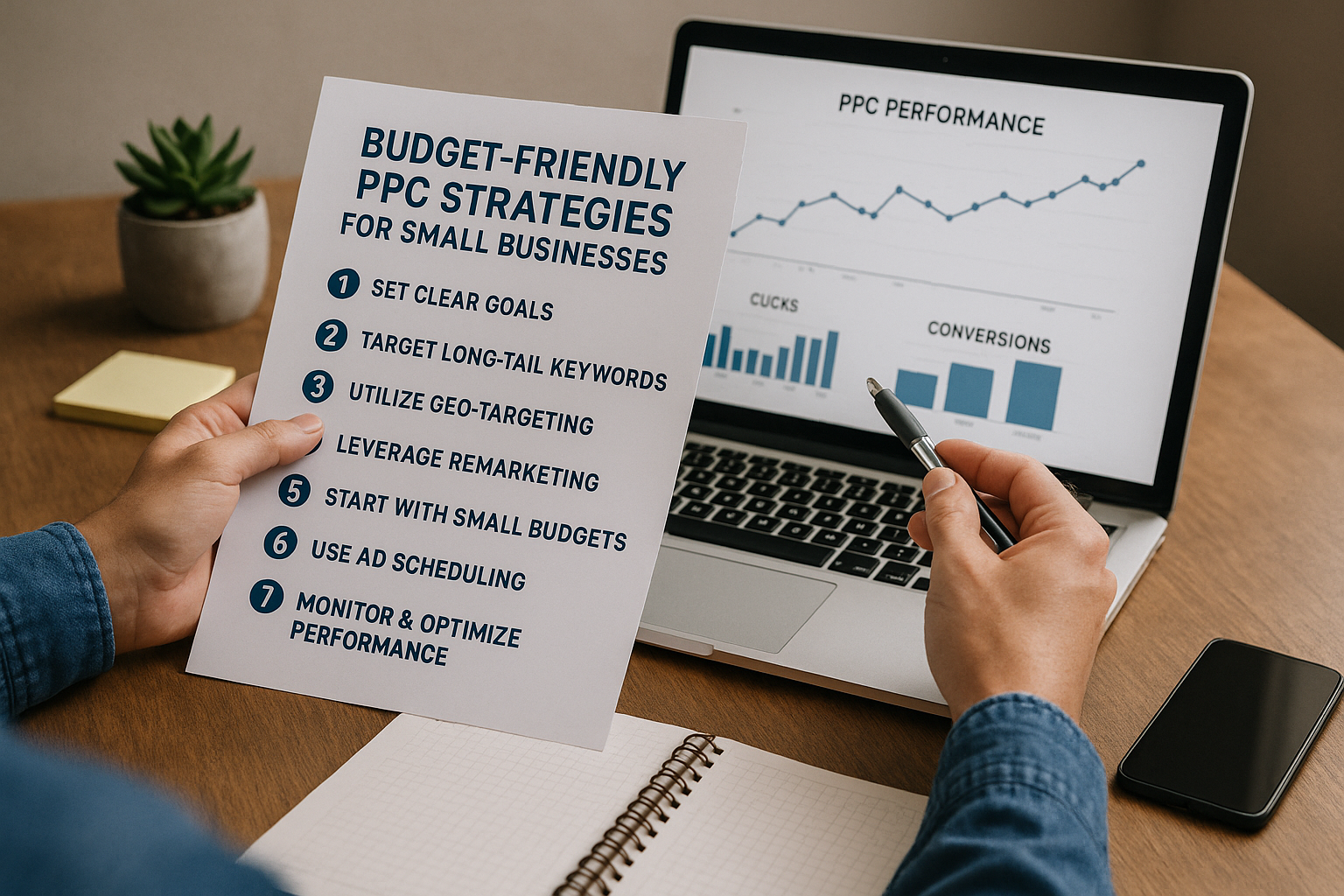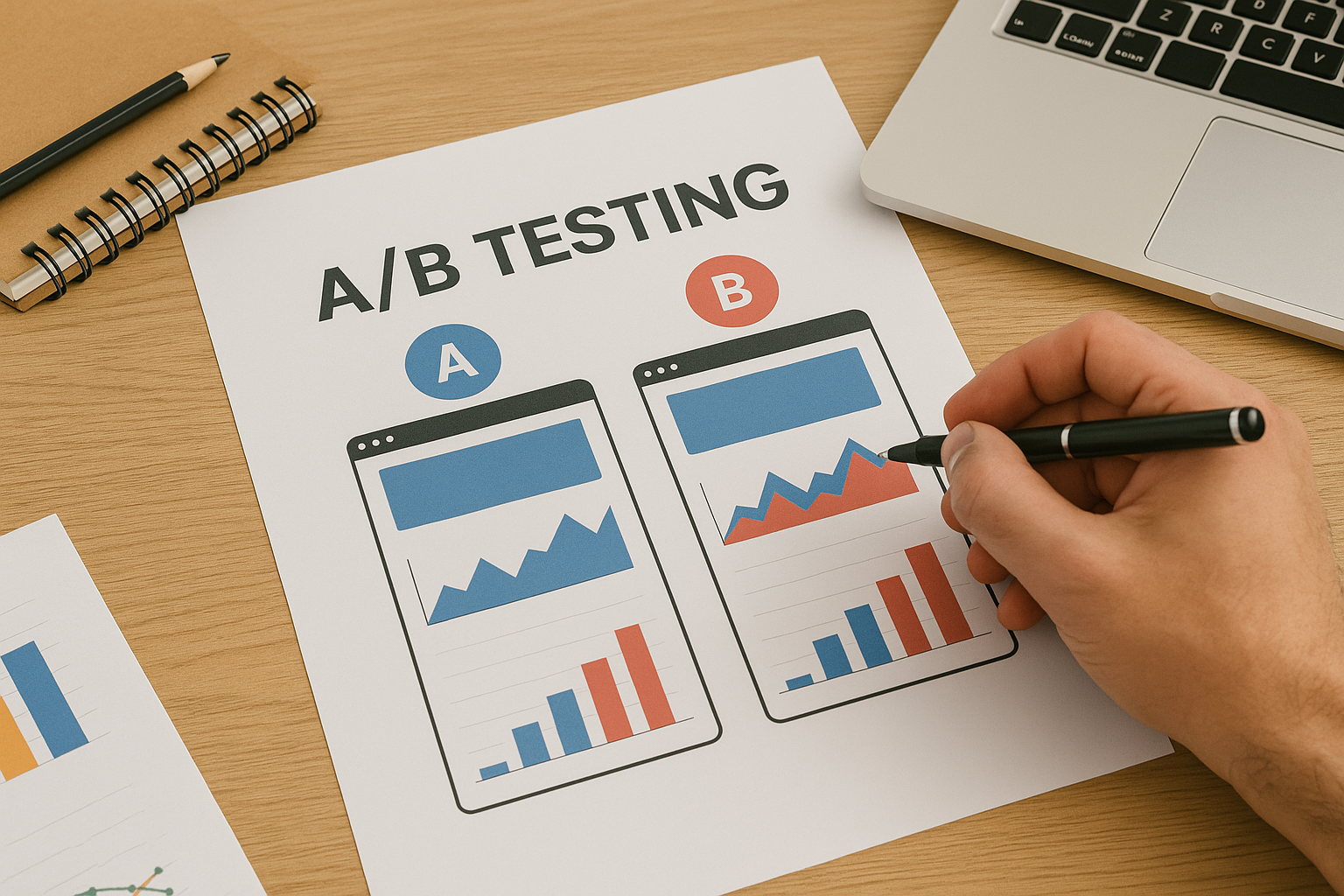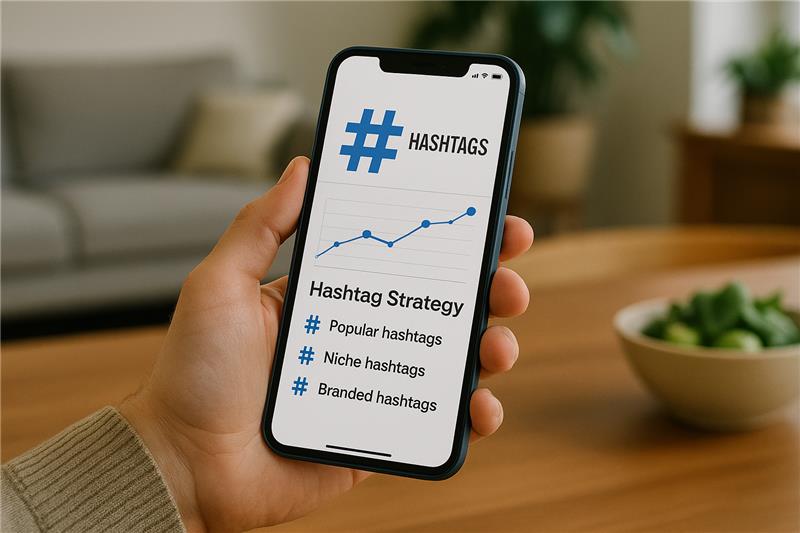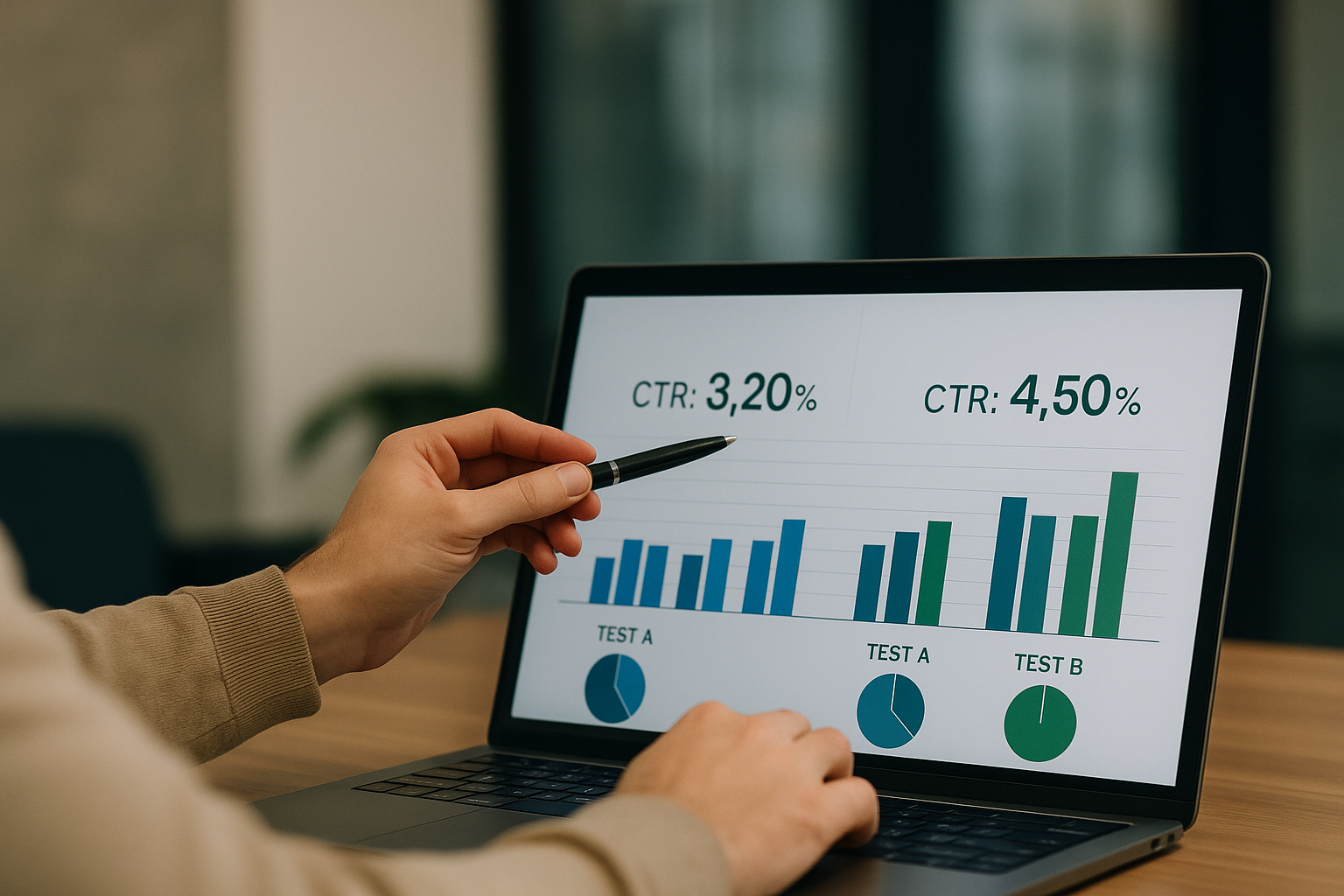How a Digital Marketing Agency Uses Data to Drive Better Results
In today’s hyper-competitive digital landscape, guesswork simply doesn’t cut it. Businesses aiming for consistent, scalable growth rely on hard data to shape their strategies and campaigns. That’s where a digital marketing agency proves its value—not just as a creative partner, but as a data-driven growth engine. By leveraging advanced analytics, real-time performance tracking, and actionable insights, a digital marketing agency can significantly improve campaign results and ROI for clients.
The Power of Data in Modern Marketing
Gone are the days when marketing was based on vague assumptions and intuition. Today, data is at the core of every smart campaign. A digital marketing agency uses data to understand customer behavior, predict market trends, optimize ad spend, and personalize user experiences.
From SEO and PPC to social media and email marketing, every aspect of digital marketing can be tracked and analyzed. This allows agencies to make informed decisions, reduce waste, and double down on what’s working.
Understanding Customer Behavior
One of the primary ways a digital marketing agency uses data is to understand the target audience. Tools like Google Analytics, Meta Insights, and customer CRM systems provide a wealth of information, such as:
Demographics: Age, gender, location, income level.
Behavior patterns: Time spent on site, click-through rates, bounce rates.
Device usage: Mobile vs desktop, browser preferences.
Conversion pathways: How users move from awareness to action.
With this data, an agency can build accurate customer personas, identify high-value segments, and tailor content and campaigns that resonate deeply with those audiences.
Real-Time Campaign Optimization
Digital campaigns must be agile. Instead of waiting until a campaign ends to evaluate performance, a digital marketing agency continuously monitors real-time data. This includes:
Ad performance: Click-through rates (CTR), impressions, conversions.
A/B testing: Testing variations of headlines, images, CTAs.
Budget allocation: Redirecting spend to high-performing channels.
For instance, if a Facebook ad is underperforming while a Google Ads campaign is driving leads at a low cost-per-click, the agency can instantly adjust the budget to maximize returns.
SEO Performance Tracking
Search engine optimization is another area where data plays a central role. A digital marketing agency uses a mix of keyword research tools, backlink trackers, and technical SEO audits to improve organic visibility. These insights help:
Identify high-volume, low-competition keywords.
Optimize on-page elements like meta tags and content structure.
Track keyword rankings and traffic fluctuations.
Analyze competitor performance and opportunities.
By monitoring these metrics regularly, the agency ensures that clients maintain or improve their search rankings and drive consistent organic traffic.
Conversion Rate Optimization (CRO)
Driving traffic is only half the battle—converting that traffic is the real win. A digital marketing agency uses data to identify friction points in the conversion journey. With tools like heatmaps, user recordings, and funnel analytics, they can answer questions like:
Where do users drop off in the sales funnel?
Which CTA buttons are most effective?
Does the website layout encourage or hinder conversions?
This analysis allows agencies to redesign landing pages, simplify forms, or tweak content to improve conversion rates over time.
Personalization at Scale
Today’s consumers expect personalized experiences. A digital marketing agency can use first-party and third-party data to deliver tailored messages at every touchpoint. For example:
Email marketing: Segmenting audiences based on behavior and preferences.
Website personalization: Showing different content based on location or user history.
Retargeting ads: Serving ads based on past behavior (e.g., abandoned carts).
This level of personalization boosts engagement and loyalty, turning one-time visitors into repeat customers.
Measuring ROI and Business Impact
At the end of the day, clients want to see results. A digital marketing agency leverages data to provide transparent, measurable outcomes. Through detailed dashboards and monthly reports, agencies track:
Lead volume and quality
Customer acquisition cost (CAC)
Return on ad spend (ROAS)
Lifetime value (LTV) of a customer
By tying these KPIs back to business goals, agencies prove their value and make smarter strategic decisions for future campaigns.
Predictive Analytics and Future Planning
Some advanced digital marketing agencies also use predictive analytics—leveraging machine learning and historical data to forecast future trends and behaviors. This helps in:
Budget planning for upcoming quarters
Identifying new market opportunities
Anticipating seasonal demand shifts
This forward-thinking approach keeps clients ahead of their competition.
Final Thoughts
Data is the lifeblood of effective marketing today. A digital marketing agency doesn’t just guess what might work—they use real-time insights, performance metrics, and predictive models to craft strategies that deliver measurable results. Whether it’s optimizing a PPC campaign, improving website UX, or launching a high-converting email funnel, data ensures every move is intentional and ROI-driven.
If your business is still making marketing decisions based on hunches, it might be time to partner with a digital marketing agency that brings the power of data to your strategy. After all, in the digital age, informed decisions aren’t just better—they’re essential.
Last Updated on June 18, 2025 by john













